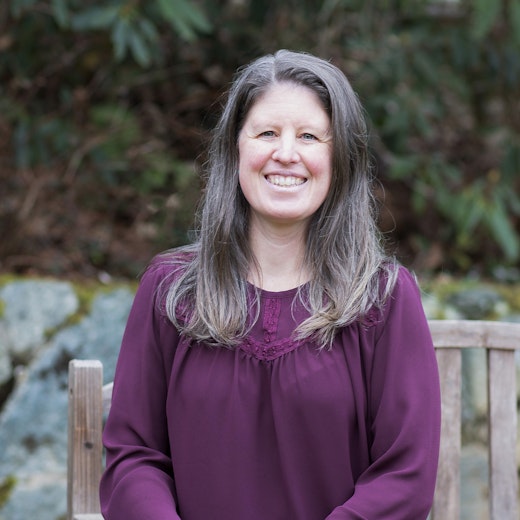The CIT year arrives after junior year of high school and is considered a staff position. The girls complete the staff application, and go through the same interview process as all other staff. Unlike other staff, however, CITs are only at camp for one session. Each one of them is assigned a cabin in which they live and are responsible for campers, typically paired with a more experienced staff member as their co-counselor. In addition, CITs are also responsible for serving milk and cookies after some evening programs, as well as being support staff for certain team games events. The CIT role can be daunting to step into, as it is a completely different aspect of camp. It can be hard to reconcile the feelings of longing to be a camper again with the anxiety of being trusted with the lives of your cabin full of children. It’s a strange but tender feeling, giving back to the community that raised you and realizing how much impact you’ve had on younger campers over the last few years.
Much like Aide year, it’s difficult and taxing to say the least. For example, during my CIT year in 2020, my camper’s very wet pillow kept getting taken out of the dryer in the counselor’s room (where staff do their personal laundry), and I sat down and cried about it. Not so much because of the pillow, but because I was overwhelmed, out of my comfort zone, and missing my days as a carefree camper. But I came back to the cabin with a slightly less wet pillow for a very grateful camper, and to this day I still laugh about that story with that same camper (who is now an LIT this summer). Needless to say, the CIT year is physically and emotionally taxing, but it could not be more worth it. And the same could be said for each year in our leadership program.






